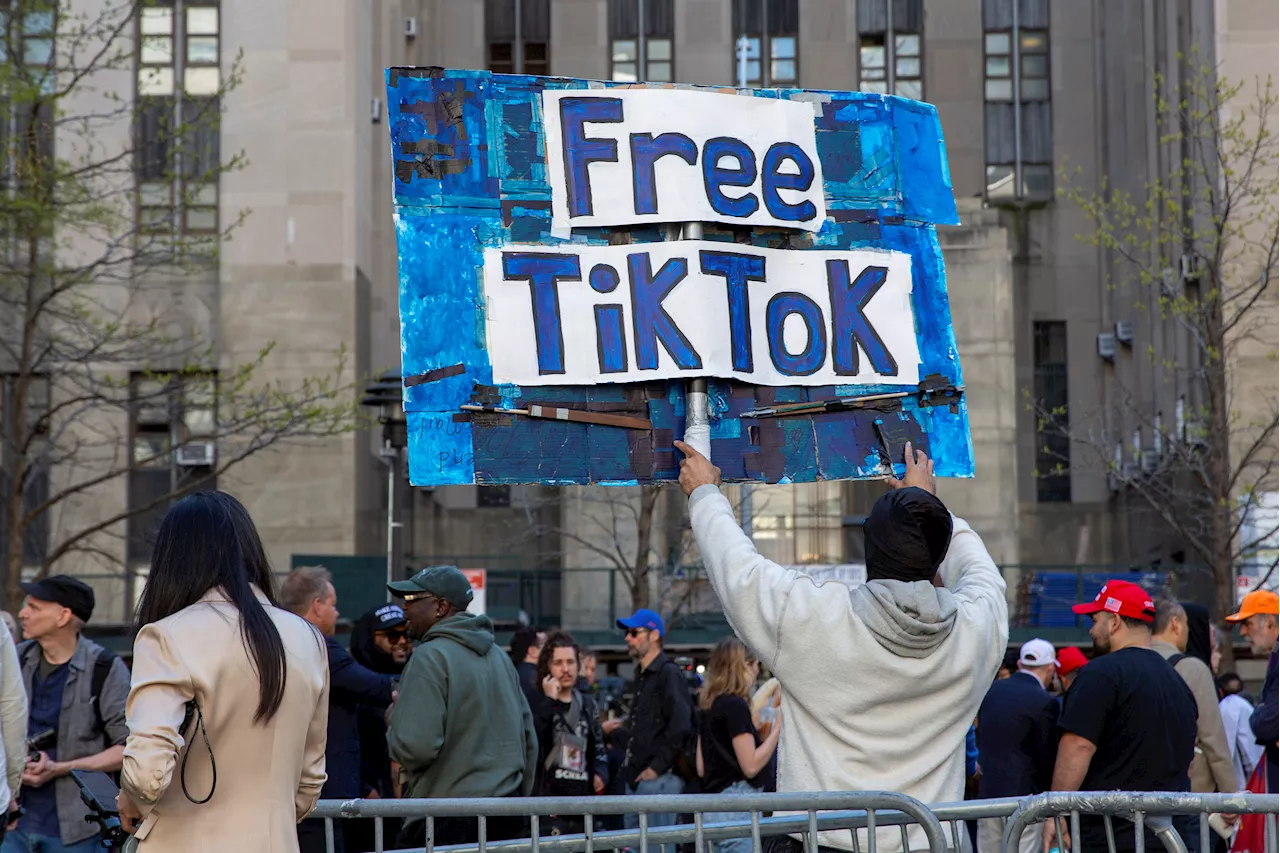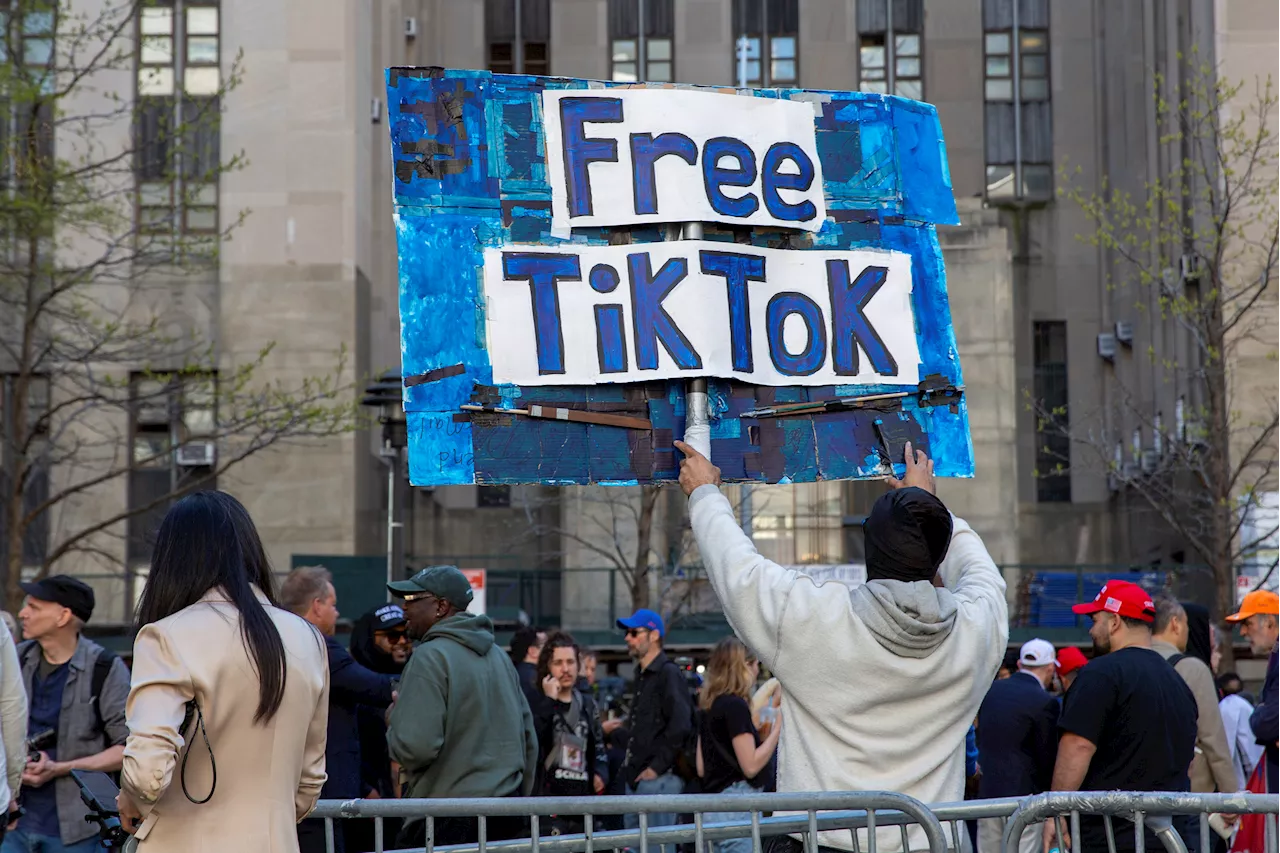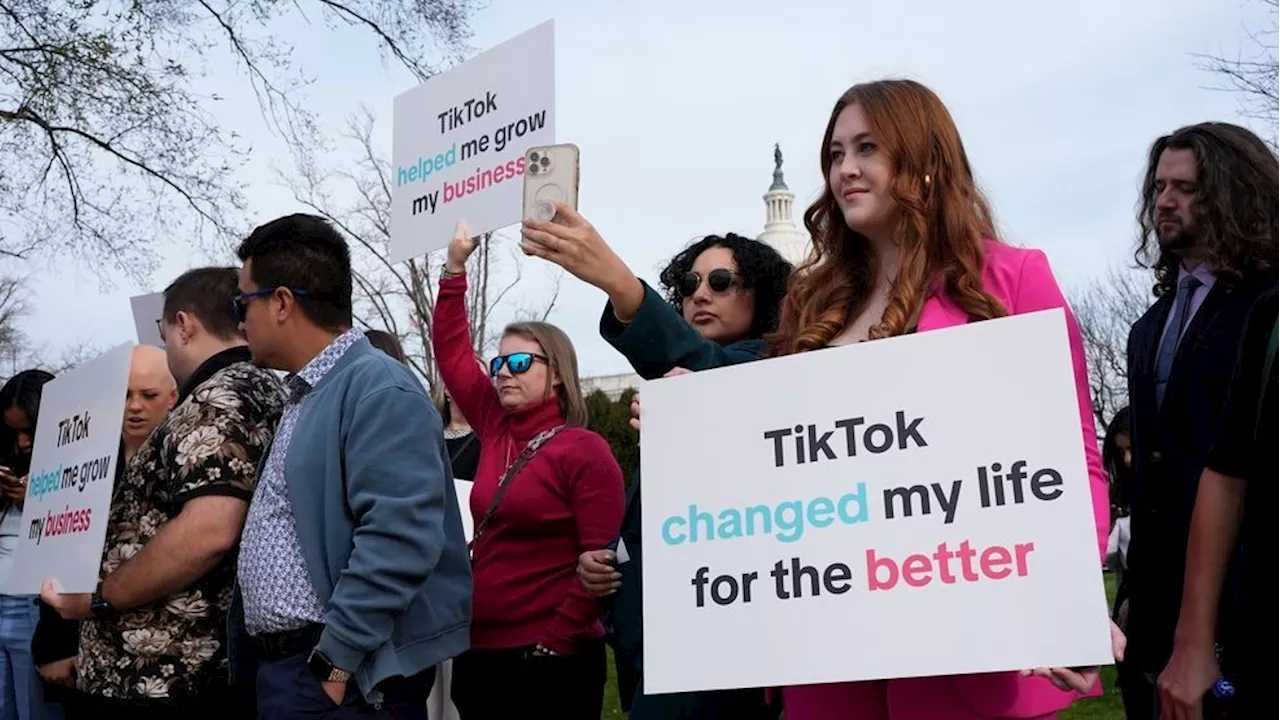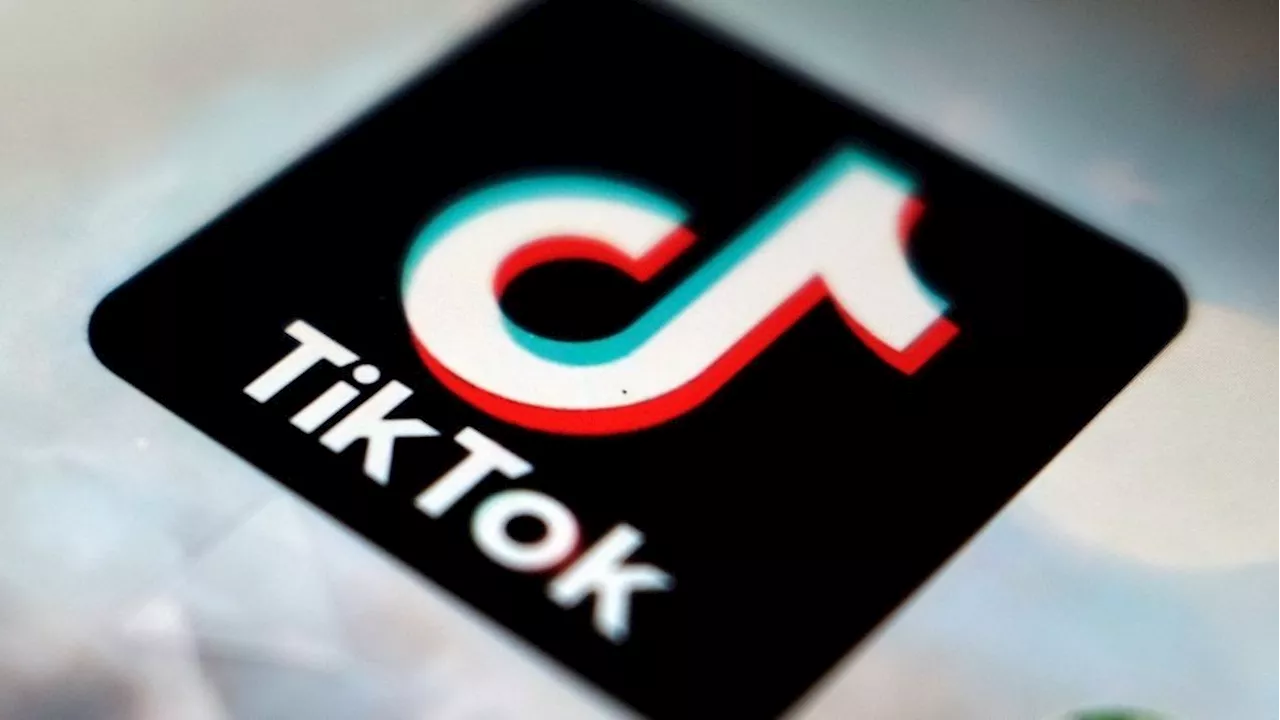The Supreme Court's skepticism towards TikTok's free speech arguments in its divestment or cessation case leaves the popular app with few options for survival. With the January 19th deadline looming, TikTok's last hope rests with the incoming Trump administration, who has reversed his stance on the ban.
TikTok faces an imminent ban in the United States after the Supreme Court expressed skepticism towards its arguments claiming that the divestment or cessation law infringes upon free speech rights. This leaves the popular app with dwindling options for survival. The Supreme Court is anticipated to deliver its verdict in the coming days, with the January 19th deadline fast approaching.
Should the court fail to grant a stay or overturn the bill, TikTok's last remaining hope to continue operating in the U.S. rests with the incoming Trump administration. President-elect Donald Trump has reversed his stance on TikTok from his first term, advocating against the ban and even filing a legal brief with the Supreme Court urging a temporary suspension of the ban's implementation and a deferment on a definitive resolution. In a recent social media post, Trump questioned the rationale behind eliminating TikTok, citing his platform's reach and engagement metrics. TikTok's legal team also petitioned the Supreme Court to consider a temporary halt on the ban due to the impending change in administration. Noel Francisco, TikTok's litigator, emphasized during Friday's arguments that the situation could significantly shift once Trump assumes office again. However, Trump's return to the White House coincides with the day after TikTok's deadline, raising doubts about his capacity to intervene and save the app from shutting down operations in the U.S.The potential ban of one of the most popular social media platforms carries substantial political weight and presents significant economic ramifications for the company and its users. TikTok asserted in court documents earlier this year that a one-month closure would result in a 29% loss of its projected global advertising revenue for 2025. Additionally, it warned that American small businesses would suffer losses exceeding $1 billion in revenue due to the inability to sell items through its shop. John Wihbey, an associate professor of media innovation at Northeastern University, stated that the uncertainty surrounding TikTok's future will inevitably harm the platform's financial standing, regardless of the Trump administration's approach. He explained that advertisers are likely to become apprehensive in the face of such uncertainty, ultimately impacting TikTok's revenue streams.The president-elect is unlikely to garner substantial support from Congress, even with a Republican majority in both the Senate and the House, in reversing the ban after it was enacted with broad, bipartisan support. The measure passed the Senate with a vote of 79-18 and the House with a vote of 360-58. It remains unclear whether Trump would be inclined to have his administration circumvent Congress on a bill that garnered such overwhelming approval, especially considering the presence of several ban proponents within his administration, such as Senator Marco Rubio, who has been nominated for the position of Secretary of State.A potential strategy the administration could adopt would be to refrain from enforcing the ban, allowing app stores like Google Play and Apple's App Store to continue hosting TikTok and providing users with updates. During Friday's arguments, Justice Brett Kavanaugh inquired from Solicitor General Elizabeth Prelogar, who represented the federal government, whether the president could declare an intention not to enforce the law. TikTok argued that this possibility constitutes a compelling reason for the Supreme Court to issue a preliminary injunction, granting the new administration time to assess its course of action. Francisco stated that such a measure would provide everyone involved with a much-needed period of respite.Trump has not publicly disclosed his intentions regarding the TikTok ban, but avoiding enforcement poses risks for the major tech companies operating the app stores that grant users access to TikTok on their smartphones and tablets. Wihbey pointed out that this situation creates a liability for these companies, but the potential for significant revenue loss if they remove TikTok from their platforms could outweigh the risks. He suggested that a new Trump Department of Justice could issue a statement indicating its ongoing review of the situation and its support for the app stores' corporate right to make independent decisions about handling TikTok until a final determination is made regarding enforcement. Other potential options include extending the deadline for ByteDance, TikTok's parent company, to find a buyer or allowing the ban to take effect and subsequently facilitating a sale. In the brief submitted to the Supreme Court, written by attorneys who are set to assume key positions within the Justice Department, the legal team argued that Trump is uniquely positioned to orchestrate a successful sale
Tiktok Ban Supreme Court Free Speech Donald Trump Bytedance App Stores Congress
United States Latest News, United States Headlines
Similar News:You can also read news stories similar to this one that we have collected from other news sources.
 TikTok Faces Imminent US Ban as Supreme Court Deadline LoomsTikTok's legal battle to avoid a US ban is reaching a critical point with oral arguments scheduled for January 10, just nine days before the deadline for ByteDance to sell its US operations. The tight timeline increases the likelihood of the ban being upheld, potentially forcing a sale or shutdown of the app. The outcome hinges on the Supreme Court's decision, with President-elect Trump urging a delay for negotiations, while the Biden administration supports the ban citing national security risks.
TikTok Faces Imminent US Ban as Supreme Court Deadline LoomsTikTok's legal battle to avoid a US ban is reaching a critical point with oral arguments scheduled for January 10, just nine days before the deadline for ByteDance to sell its US operations. The tight timeline increases the likelihood of the ban being upheld, potentially forcing a sale or shutdown of the app. The outcome hinges on the Supreme Court's decision, with President-elect Trump urging a delay for negotiations, while the Biden administration supports the ban citing national security risks.
Read more »
 TikTok Faces Supreme Court Showdown, Creators Fear U.S. BanThe Supreme Court will hear arguments on January 10th regarding a law that could force TikTok to sever ties with its Chinese parent company, ByteDance, or face a U.S. ban. The court's decision could have a major impact on creators who rely on the platform for income and expression.
TikTok Faces Supreme Court Showdown, Creators Fear U.S. BanThe Supreme Court will hear arguments on January 10th regarding a law that could force TikTok to sever ties with its Chinese parent company, ByteDance, or face a U.S. ban. The court's decision could have a major impact on creators who rely on the platform for income and expression.
Read more »
 TikTok Faces Supreme Court Decision on US BanThe Supreme Court will hear arguments on January 10th regarding a law requiring TikTok to sever ties with its Chinese parent company, ByteDance, or face a US ban. TikTok argues that the law violates the First Amendment, while the US government cites national security concerns. The fate of the popular app hangs in the balance, leaving creators and businesses in uncertainty.
TikTok Faces Supreme Court Decision on US BanThe Supreme Court will hear arguments on January 10th regarding a law requiring TikTok to sever ties with its Chinese parent company, ByteDance, or face a US ban. TikTok argues that the law violates the First Amendment, while the US government cites national security concerns. The fate of the popular app hangs in the balance, leaving creators and businesses in uncertainty.
Read more »
 TikTok Faces Supreme Court Showdown, Creators Prepare for Potential U.S. BanThe Supreme Court will hear arguments on January 10th regarding a law that could force TikTok to sever ties with its Chinese parent company, ByteDance, or face a ban in the U.S. TikTok and its creators argue the law violates the First Amendment, while the government cites national security concerns. If the government prevails, TikTok says it will shut down its U.S. platform by January 19th, leaving creators scrambling to find new avenues for their work.
TikTok Faces Supreme Court Showdown, Creators Prepare for Potential U.S. BanThe Supreme Court will hear arguments on January 10th regarding a law that could force TikTok to sever ties with its Chinese parent company, ByteDance, or face a ban in the U.S. TikTok and its creators argue the law violates the First Amendment, while the government cites national security concerns. If the government prevails, TikTok says it will shut down its U.S. platform by January 19th, leaving creators scrambling to find new avenues for their work.
Read more »
 TikTok Faces US Ban: Supreme Court to Decide Fate of Popular AppThe Supreme Court will hear arguments on January 10th regarding a law that requires TikTok to sever ties with its Chinese parent company, ByteDance, or face a U.S. ban. Creators are anxiously awaiting the decision, as a ban could significantly impact their livelihoods. The case centers on whether the law violates the First Amendment, with TikTok and its creators arguing in its favor while the U.S. government maintains it poses a national security risk.
TikTok Faces US Ban: Supreme Court to Decide Fate of Popular AppThe Supreme Court will hear arguments on January 10th regarding a law that requires TikTok to sever ties with its Chinese parent company, ByteDance, or face a U.S. ban. Creators are anxiously awaiting the decision, as a ban could significantly impact their livelihoods. The case centers on whether the law violates the First Amendment, with TikTok and its creators arguing in its favor while the U.S. government maintains it poses a national security risk.
Read more »
 TikTok Ban Faces Supreme Court ChallengeA nationwide ban on TikTok, scheduled to take effect on January 19th if its Chinese ownership isn't divested, is being challenged by the app's parent company, ByteDance, in the Supreme Court. The case pits Silicon Valley, Congress, and the outgoing Biden administration against each other, raising questions about national security, free speech, and the power of the government to regulate technology.
TikTok Ban Faces Supreme Court ChallengeA nationwide ban on TikTok, scheduled to take effect on January 19th if its Chinese ownership isn't divested, is being challenged by the app's parent company, ByteDance, in the Supreme Court. The case pits Silicon Valley, Congress, and the outgoing Biden administration against each other, raising questions about national security, free speech, and the power of the government to regulate technology.
Read more »
